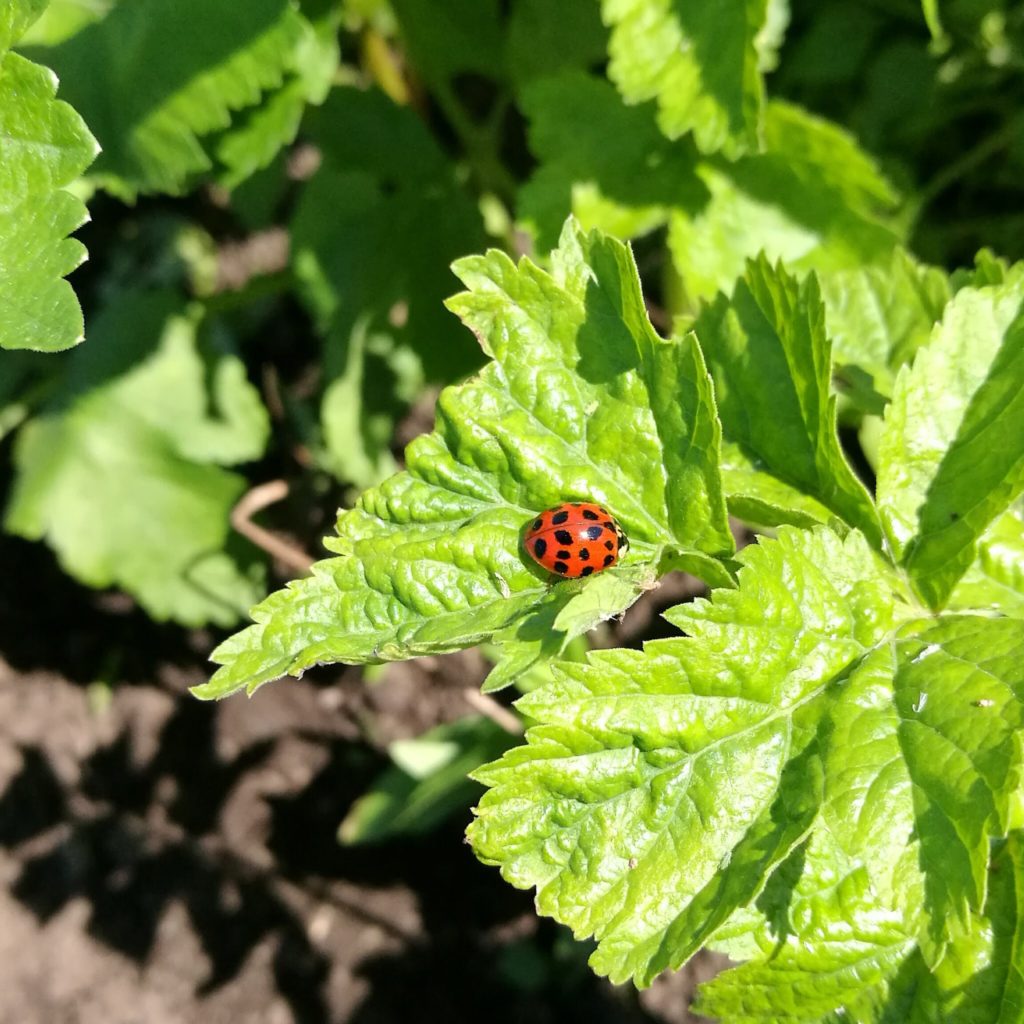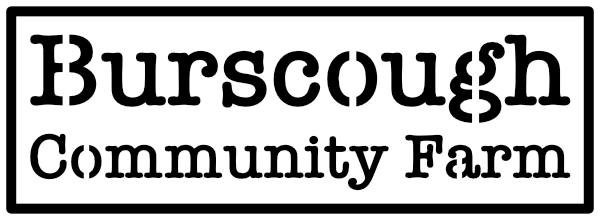
Its ‘s Organic September! That’s what the news says but we have to be very careful with how we describe organic growing on our farm.
We have always grown ‘organically,’ that is to say we never use any pesticides, herbicides or artificial fertilizers. Unfortunately this isn’t enough to call yourself or your produce ‘Organic.’ There are strict laws on calling yourself Organic.
In the topsy-turvy world we live in, farmers that spray your food with chemicals are referred to as ‘conventional.’
Does ‘organic’ food matter to most people? We did a survey at the recent Green Fayre at Beacon Park and most people, when faced with the question ‘which is the most important to you, organic or local?’ answered local.
Does that mean that people should not care if their food is organic? Read this and have a think about it from the Soil Association.
Organic farming is hard,….
…especially dealing with weeds on such fertile soil as ours. We have strategies but they are not always effective. The recent growing season has proved this. Our efforts to keep on top of the weed battle has been lost on several fronts.
I wouldn’t change anything though. Growing ‘organically.’ or should we really say ‘naturally,’ is the only way I know how to do things.
Obviously I don’t want to eat chemically laced food but growing organic food has many other benefits:
- lt protects and preserves the soil
- It preserves wildlife
- It increases biodiversity
- It doesn’t put the farmer at risk through dealing with dangerous chemicals
- It is more nutritious (Newcastle University Study)
- It tastes better
Maybe the last one is subjective, but it seems to work to me.
Sanitising the Countryside
I did a talk some time ago, where I explained why we devote lots of our land to wildlife because it gives places for pests and predators to live in balance, so nothing gets out of control within our growing environment.
After the talk a lady came up to me and ‘explained’ that the reason we haven’t suffered from pest problems is because we are surrounded by conventional farmers busily spraying things out of existence.
Such a viewpoint surprised me. If she was right, it looked pretty bad on conventional farmers. She was basically saying that they ‘sanitised’ the countryside from insect life. Don’t forget, pesticides don’t just kill the bad guys, they also kill the good guys. Killing insects starve the creatures in the food chain above them. No wonder farmland bird decline has been so steep.
My conventional farming neighbour disputed her claim. He explained, on occasions where he has run out of spray and left a patch of his field untreated, the pests have done their damage leaving the sprayed parts untouched.
For me, whichever way you look at it, conventional farming can have negative effects on the natural world; there is always a cost to an easy fix.
We’re Going Organic
We hope we know our customers and they know us. So far, explaining our growing policies and approach to organic certification has been enough for certification not to matter to them. However, I can now announce that we are going for Organic Certification at Burscough Community Farm.
Why are we doing this after all I just said?
It’s always been an annoyance to me having to explain “we farm organically, but cannot call ourselves Organic.” It feels like you’re trying to hide something. Proving that you have not done something is always harder than proving that you have.
Then there is the commercial angle. We need to sell more stuff to keep this project rolling along. We sell our veg boxes but we could do with selling a lot more. I believe that there is a big market out there for wholesale organic produce. We cannot access that market unless we have the piece of paper saying that we are doing what we have done for the last four years.
It is going to cost us money but we hope to able to claim this back from the government’s conversion scheme, so this shouldn’t be a burden for us, at least the next five years.
I also believe that we should be supporting the Soil Association with some of the work that they are doing for many of the things that we think are important.
We will be getting our first inspection soon and I will be able to tell you more about the impacts this will have on running the farm. From the standards that I have seen, we pretty much do all that will be asked of us already.
Thanks Again Gaynor
I do have to make a special mention about our secretary Gaynor Pickering who has worked incredibly hard on this. Once again, Gaynor has made amazing things happen on the farm and we should all thank her for it.
Try Some Yourself
Is eating organic food important to you and would you like to try some of what we grow on the farm? You can sign up for one of our trial veg boxes here.
You can support the farm and what we are trying to achieve by becoming one of our members. Your membership fee goes to pay for compost, seeds, insurance and accountancy fees. It also makes you part of the farm with a say on how we run things. You can sign up to join here.
